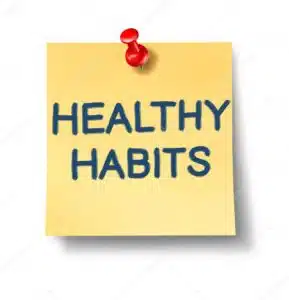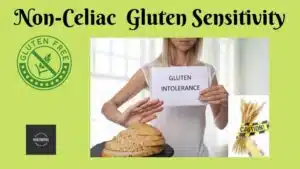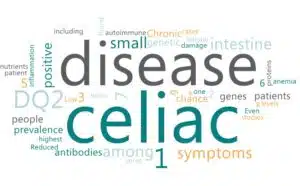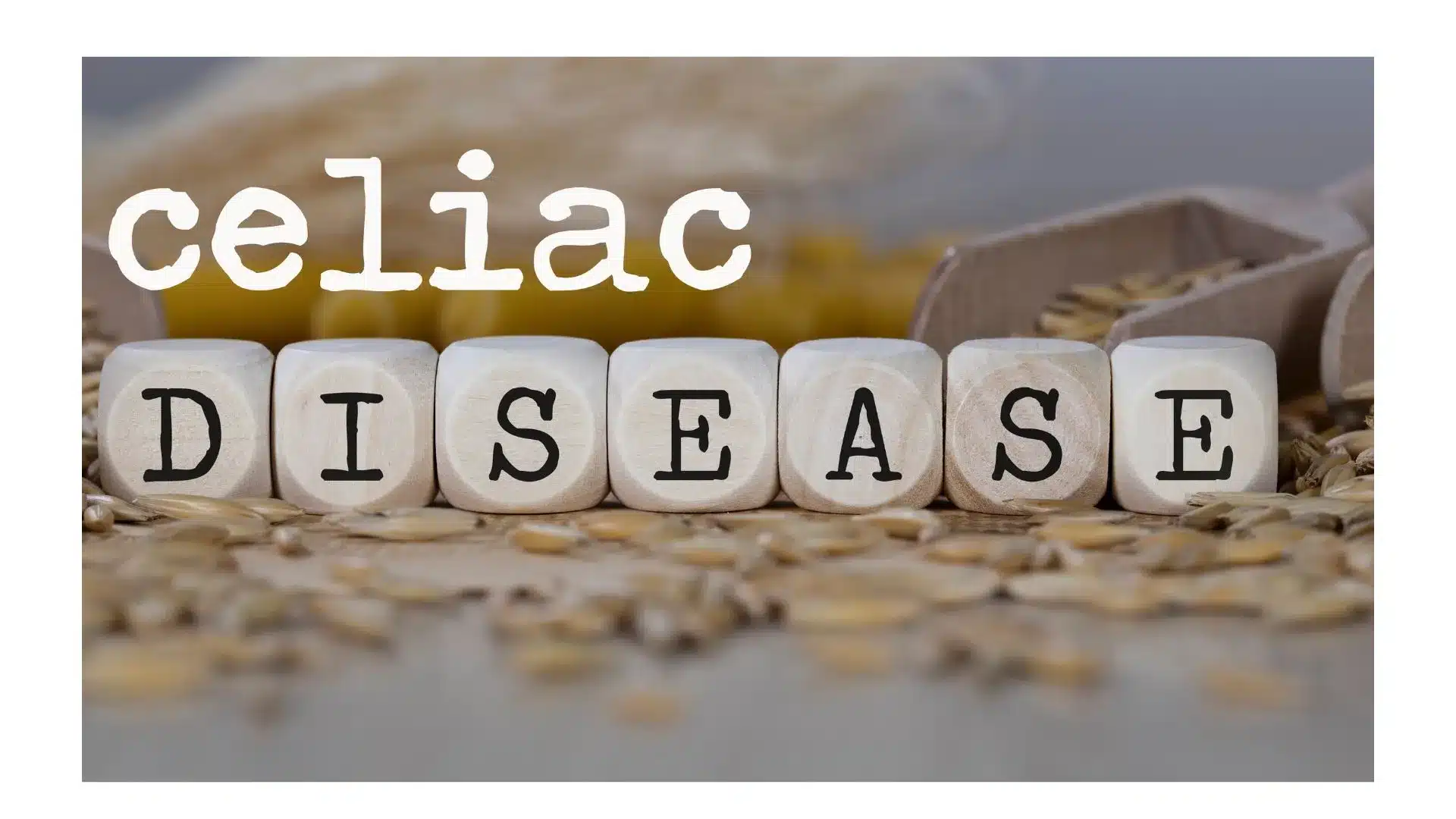What is Celiac disease? Gluten intolerance vs Celiac – Check out the difference!
Celiac disease is an autoimmune disease where a person has gluten intolerance or is unable to tolerate gluten. To help with the terminology, autoimmune conditions occur when our bodies become “confused” and develop antibodies which then attack our own tissues. Different autoimmune diseases can affect different tissues. In celiac disease, what happens is that the villi in the intestines (these are finger-like projections that line the wall of the intestines and reach out to “grab” the nutrients for our bodies to absorb) become flattened, so they can’t do their job.
The ultimate result is malnutrition, anemia, loss of bone density, and a myriad of other symptoms, including bodily inflammation and a “leaky gut.”
Gluten is a protein that’s found in wheat, barley, and rye. It’s what gives bread its stretchy consistency. It’s in nearly every packaged food out there, so starting a gluten-free diet can seem daunting at first.
Estimates are that around one out of every 100 people has celiac disease and gluten intolerance. Doesn’t sound too bad, right? Try flipping it around. If I told you that you had a 1 in 100 chance of winning a $10 million dollar lottery, would you buy a ticket? Absolutely! Those are great odds!
Exactly. Those are great odds. One out of every 100 people has celiac disease, and the majority of them are undiagnosed. These are epidemic proportions. In the last few decades, the prevalence of celiac disease in the US has increased by about five-fold, and this increase in prevalence has also been seen in many European countries (1).
There are a few genes associated with celiac disease, and you cannot have celiac disease without one of the genes. However, while the genes may load the gun, it’s often environment and lifestyle choices that actually pull the trigger.
There is also a condition known as non-celiac gluten sensitivity, which is believed to be even more prevalent, affecting up to 20 million Americans (2). We’ll cover this in a separate article. Thus, gluten intolerance does not always mean celiac and you should know the difference – between gluten intolerance vs celiac.
But if you’re one of those 1:100 people, this is a big deal. Why? Because celiac disease and gluten intolerance are associated with chronic diseases of all kinds, and increased rates of mortality. With a leaky gut, our intestinal walls, which are normally very tight and keep waste going to where it’s supposed to go, are weakened. Guess where that waste and those toxins go? Into your bloodstream. That can wreak havoc on any bodily system. We’re talking about osteoporosis, irritable or inflammatory bowel disease, anemia, cancer, fatigue, canker sores, rheumatoid arthritis, lupus, multiple sclerosis, and almost all other autoimmune diseases.
Gluten is also linked to many psychiatric and neurological diseases, including anxiety, depression, schizophrenia, dementia, migraines, epilepsy, and neuropathy (nerve damage). It has also been linked to autism (3).
People with undiagnosed celiac disease vs gluten intolerance may experience abdominal pain and cramps, constipation, diarrhea; chronic heartburn; headaches; painful skin rashes; cognitive and memory difficulties; balance problems; endocrine (hormone) problems and infertility; joint pain; hair loss, and more. Some may be completely asymptomatic, but that doesn’t mean it’s not a problem!
Clearly, what needs to happen is for the root cause of these conditions to be treated—by eliminating gluten. There is no medication for celiac disease. But what often happens is that the symptoms are addressed with medications, which may or may not provide some relief, but the underlying inflammation persists. Think of a slow burn that eventually becomes a bonfire. This is not what you want in your body!
Testing for gluten intolerance vs celiac disease may range from blood work to check for antibodies, to having an endoscopy to see if there are flattened villi. Test results rarely offer 100% certainty, though. The only true gold standard is a 100% gluten-free diet for at least 30 days, and ideally 60 days to see how your body feels (4).
Chris Kresser, an internationally known functional medicine practitioner, has also suggested looking into Array 3 from Cyrex Labs, as they look at multiple components of gluten, whereas conventional labs often look at just one component, which may result in a missed diagnosis. Cyrex Labs does require an order from a medical practitioner (4).
It is entirely possible to live a healthy life with celiac disease, and it’s absolutely possible to eat a variety of delicious food, all gluten-free! The world of gluten-free products has exploded in the last few decades, and there are many wonderful and delicious substitutes.
However, keep in mind that most of these are packaged and processed foods, which are not good for us if eaten regularly, and too much of this can also contribute to poor health (think diabetes, obesity, heart disease). The food we are biologically designed to eat – foods from the earth, like vegetables, fruits, nuts, seeds, and meat, if you eat meat – are all naturally gluten-free!
It can be overwhelming to face the prospect of having to make such a dramatic life change. Should I be tested first before going gluten-free? What if I get a negative test result but still feel bad, then what? Gluten is in beer and licorice and soy sauce!? How do I do this? These are all normal and common questions. A health coach can help you sort through the overwhelm and develop a plan which feels right for you.
References
- https://chriskresser.com/has-antibiotic-overuse-caused-a-celiac-disease-epidemic/
- https://www.24-7pressrelease.com/press-release/the-worlds-leading-expert-on-glutenrelated-disorders-dr-alessio-fasano-sets-the-record-straight-in-his-definitive-new-book-395751.php
- https://drhyman.com/blog/2011/03/17/gluten-what-you-dont-know-might-kill-you/
- https://chriskresser.com/still-think-gluten-sensitivity-isnt-real/

Janet Frank
Related Posts

Creating Habits By Self-discipline For Better Health In Celiac



